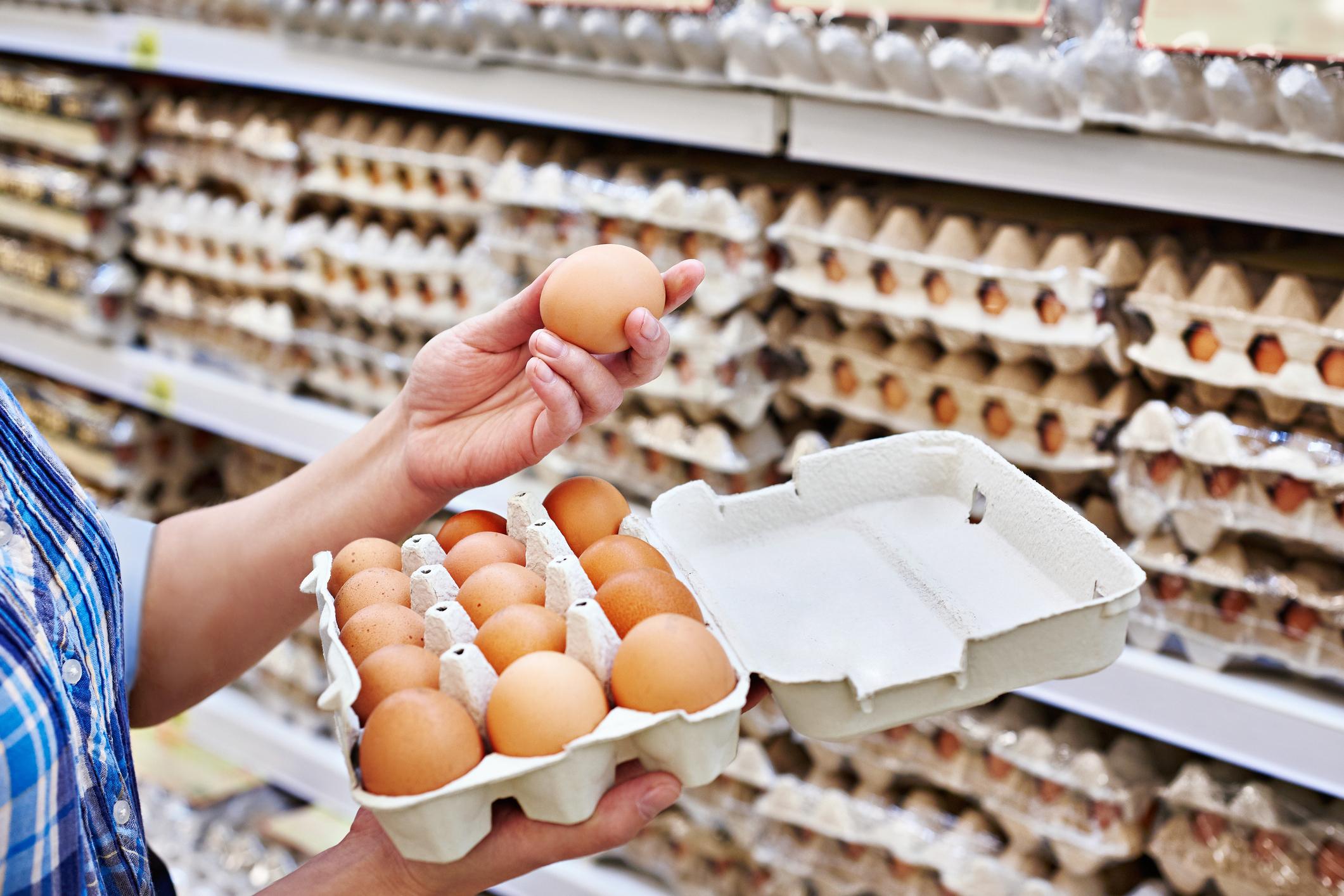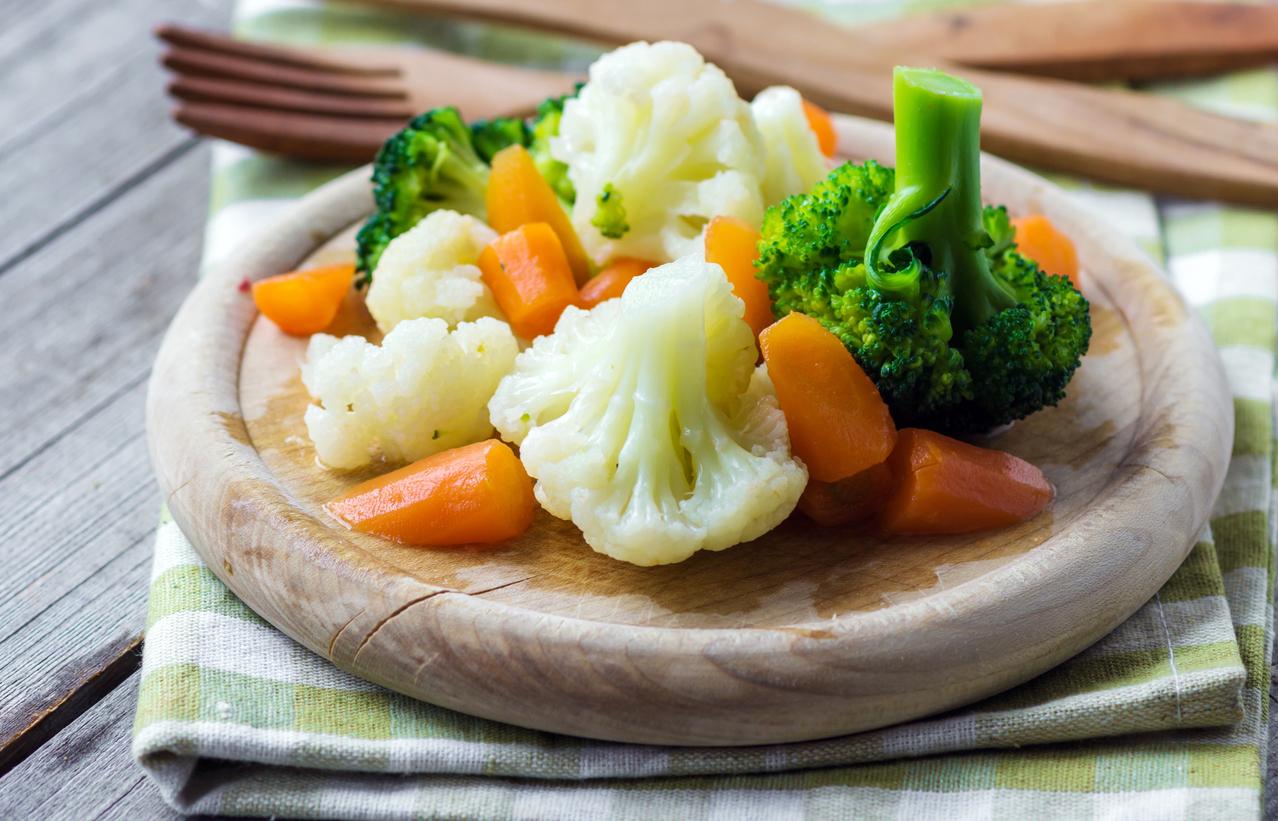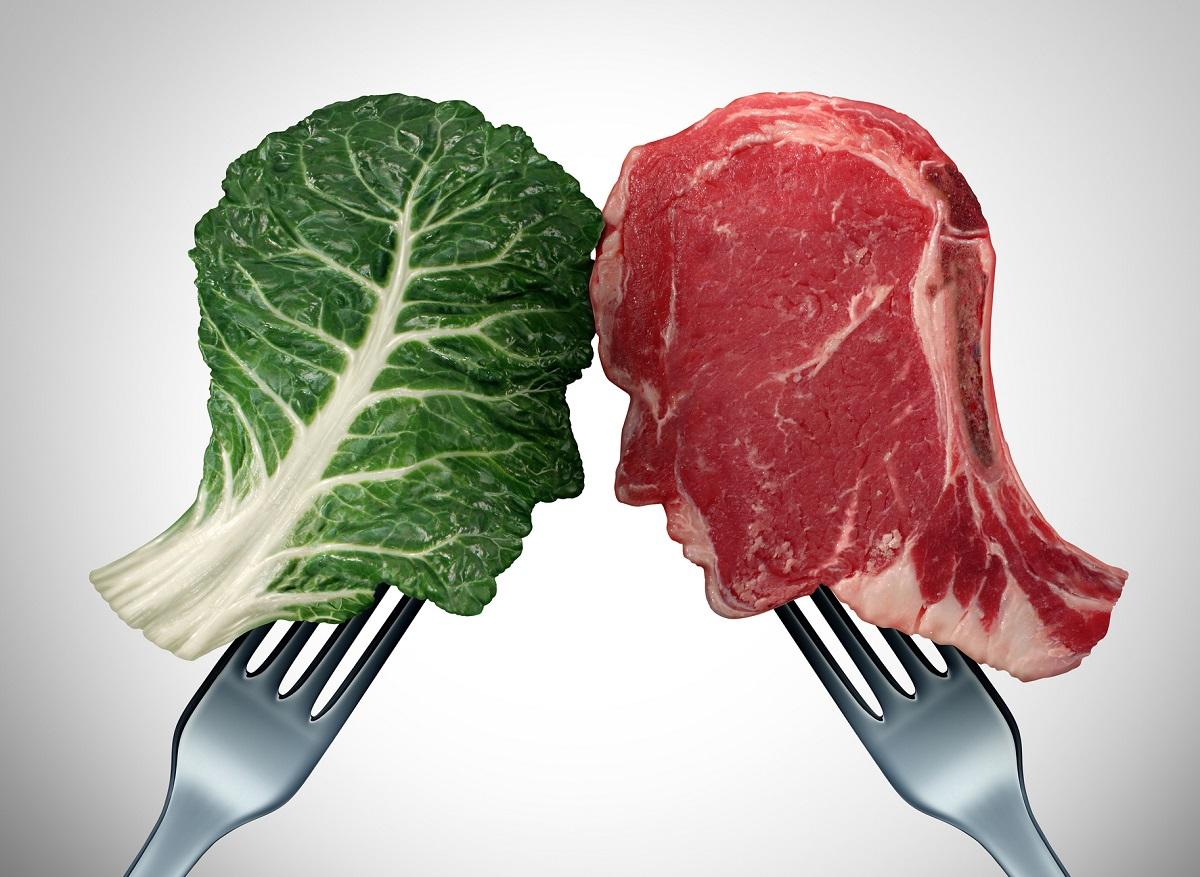British researchers have revealed that storage and cooking methods have effects on the vitamin D present in eggs.

- As vitamin D is not synthesized by the body, it is necessary to cover its intake through food.
- Egg yolk is one of the foods rich in vitamin D.
- A British study has revealed the five cooking methods that maximize vitamin D.
Essential for the proper functioning of the body, vitamin D contributes to the optimal mineralization of tissues (bones, cartilage, teeth), effective muscle contraction as well as good nerve transmission. However, this substance is not synthesized by the body. To meet your needs, it is therefore recommended to expose yourself to the sun for fifteen to twenty minutes a day and/or to consume foods containing vitamin D (egg yolk, fatty fish, dark chocolate, butter, etc.). ).
Vitamin D: leaving your eggs at room temperature helps preserve it
In recent study, researchers from the University of Newcastle (United Kingdom) were interested in the vitamin D contained in egg yolk. They observed in particular that the way they were stored and cooked would have an impact on the concentration of vitamin D. This work was published in the journal Food and made in partnership with the popular brand Happy Egg Co.
To reach this conclusion, the team first examined eggs, enriched with vitamin D, stored in a refrigerator or placed on the kitchen worktop. “We found that if you want to retain more vitamin D, it’s best to keep eggs out of the fridge at room temperature, for example on the kitchen counter.”noted Tom Hill, lead author of the study and professor of nutrition at Newcastle University.
How to cook your eggs properly to preserve their vitamin D content?
Following this first test, the scientists cooked the eggs before of freeze-dry them and determine the vitamin D3 and 25-hydroxyvitamin D3 content. In order to measure the proportion of vitamin D remaining in cooked eggs, they used actual retention. They then compared their results with the vitamin D initially present in a given weight of the food before cooking. This figure varied between 78% and 109%.
According to the conclusions of the study, the best methods of cooking eggs, stored at room temperature, which allowed vitamin D concentrations to be preserved are:
- scrambled eggs (109%);
- microwaved eggs (109%);
- poached eggs (93%);
- hard-boiled eggs (80%);
- fried eggs (78%).

















